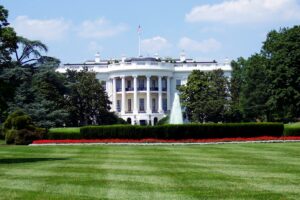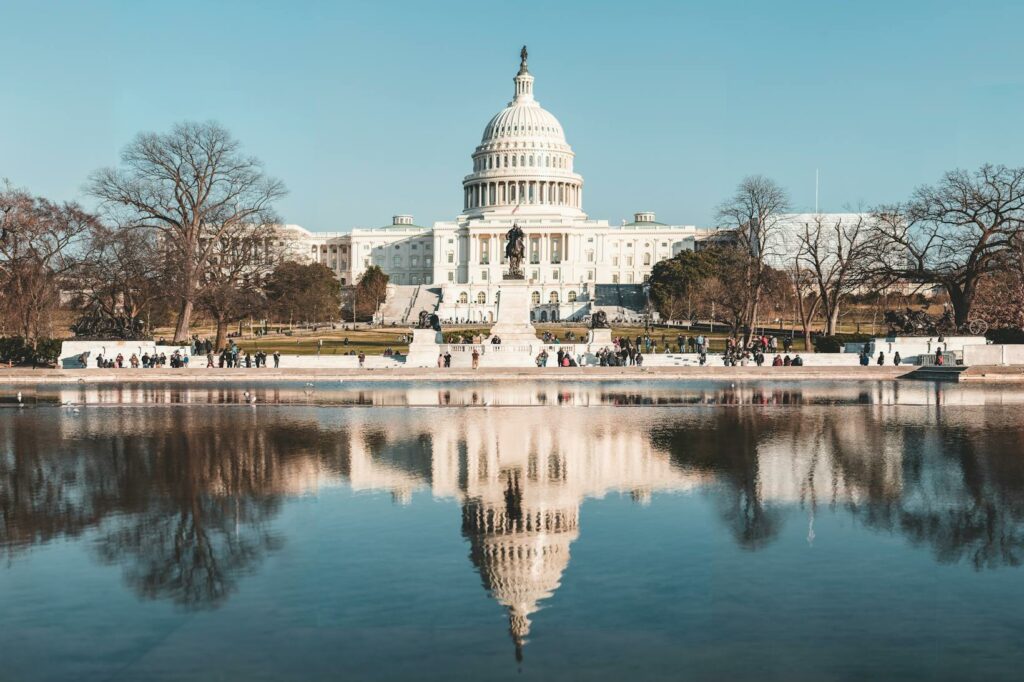In an ever-evolving global landscape, the intricate dance between governance, politics, and the state forms the backbone of societal structures. These elements shape the way nations operate, influence policy-making, and determine the quality of life for citizens. Understanding their interplay is crucial for anyone seeking to grasp the complexities of modern governance.
Governance refers to the processes and systems by which societies are managed, while politics involves the power dynamics and decision-making processes within these systems. The state, as a political entity, serves as the framework within which governance and politics unfold. Together, they create a tapestry that dictates everything from economic policies to social norms.
Exploring the nuances of governance politics and the state reveals not only the challenges faced by governments but also the opportunities for reform and innovation. As societies become more interconnected, the ability to navigate these realms effectively becomes increasingly important for sustainable development and global cooperation.
Governance Politics and The State
The state plays a pivotal role in governance, shaping policy, distributing resources, and maintaining order. Its influence is crucial for ensuring effective management and stability within societies.
The State as a Governance Actor
 As a principal actor, the state implements and enforces laws, regulates activities, and provides public services, which establish foundational governance structures. It facilitates organized social relations, ensuring public goods like security and infrastructure are available. States possess the authority to mandate regulations, which directly impacts how organizations and individuals operate. By maintaining order and stability, the state supports transparent and effective governance processes.
As a principal actor, the state implements and enforces laws, regulates activities, and provides public services, which establish foundational governance structures. It facilitates organized social relations, ensuring public goods like security and infrastructure are available. States possess the authority to mandate regulations, which directly impacts how organizations and individuals operate. By maintaining order and stability, the state supports transparent and effective governance processes.
State Policies and Their Impact on Governance
State policies shape governance by directing resources, establishing priorities, and creating regulatory frameworks. These policies influence sectors such as healthcare, education, and the economy. Through taxation and budget allocation, states guide development agendas and public service provisions. Effective state policies ensure equitable resource distribution and promote social welfare, while ineffective ones can lead to inequality and social unrest. The implementation of policies reflects the state’s capacity to respond to societal needs, thereby reinforcing governance quality.
Interconnection of Governance, Politics, and the State
Governance, politics, and the state intertwine to form the backbone of societal order. They define how power is distributed, decisions are made, and resources are allocated.
How Governance Shapes Political Structures
Governance creates frameworks guiding political behavior. Its principles—transparency, accountability, and participation—dictate how political entities function. Political structures depend on governance models to establish legitimacy, maintain compliance with laws, and encourage civic engagement. Through these mechanisms, governance influences political stability and adaptability.
The State’s Role in Political Dynamics
 The state governs political dynamics by setting legal frameworks and policies. As a sovereign entity, it holds the power to legislate, adjudicate, and execute, impacting political equilibrium. It supports institutions like political parties and electoral systems that mediate power struggles. Through resource distribution, it catalyzes economic growth and ensures public service delivery, steering political dialogue and development priorities.
The state governs political dynamics by setting legal frameworks and policies. As a sovereign entity, it holds the power to legislate, adjudicate, and execute, impacting political equilibrium. It supports institutions like political parties and electoral systems that mediate power struggles. Through resource distribution, it catalyzes economic growth and ensures public service delivery, steering political dialogue and development priorities.
Challenges in Governance Politics
Governance politics faces pressing challenges that affect policy-making and state functionality. These challenges threaten societal structures, often hindering sustainable development and political stability.
Globalization and Governance
Globalization demands adaptive governance frameworks. As economies integrate, governments must adjust policies to address transnational issues like trade, environmental sustainability, and cybersecurity. Balancing local interests with global standards presents difficulties. Supranational organizations, such as the United Nations and World Trade Organization, influence national decisions, complicating sovereignty. Policy harmonization becomes essential to maintain competitiveness and cooperation, requiring institutional agility and robust international collaborations.
Governance in Multicultural Societies
 Multicultural societies challenge uniform governance approaches. Diverse populations necessitate policies that respect cultural differences while promoting social cohesion. Minority groups may face underrepresentation, affecting policy effectiveness. Social inequality and cultural conflicts can emerge if governance fails to ensure equitable participation. Policies must incorporate inclusive decision-making processes to address varying needs and uphold rights, demanding enhanced cross-cultural understanding and empathetic leadership within political structures.
Multicultural societies challenge uniform governance approaches. Diverse populations necessitate policies that respect cultural differences while promoting social cohesion. Minority groups may face underrepresentation, affecting policy effectiveness. Social inequality and cultural conflicts can emerge if governance fails to ensure equitable participation. Policies must incorporate inclusive decision-making processes to address varying needs and uphold rights, demanding enhanced cross-cultural understanding and empathetic leadership within political structures.
The Systems and Processes
Understanding the interplay between governance, politics, and the state is crucial for fostering sustainable development and global cooperation. These elements form the backbone of societal structures by defining power dynamics, decision-making, and resource allocation. Effective governance, supported by transparent political processes and robust state frameworks, is essential for maintaining order and promoting equality. As societies face global challenges and multicultural dynamics, adaptive governance frameworks and inclusive policies become imperative. By addressing these complexities, societies can ensure stability and prosperity in an interconnected world.



